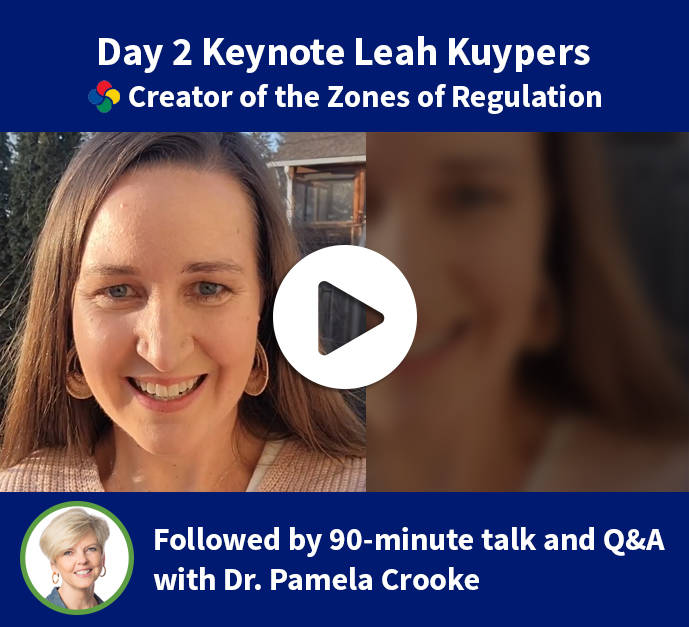Keynotes: Dr. Tracey Marks & Michelle Garcia Winner
Self-Regulation and Stress Management: Empowering Kids and Adults with Practical Tools and Strategies
Day 1 will kick off with Dr. Tracey Marks, a practicing psychiatrist of over 20 years, whose mission is to increase mental health awareness and understanding by educating people about well-being and self-improvement. Dr. Marks has an enormous following on YouTube where she produces educational videos for managing stress, anxiety, and improving executive functioning. Dr. Marks’ book, Why Am I So Anxious?, is now available on our website. Next, Michelle Garcia Winner, Founder of Social Thinking, will talk about her newest work, a graphic novel for teaching executive functioning (available late 2024), and will share some of her favorite tips and tools for supporting executive function foundations for tweens and teens.










